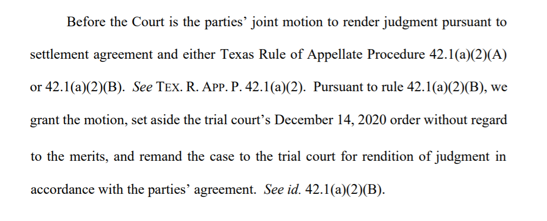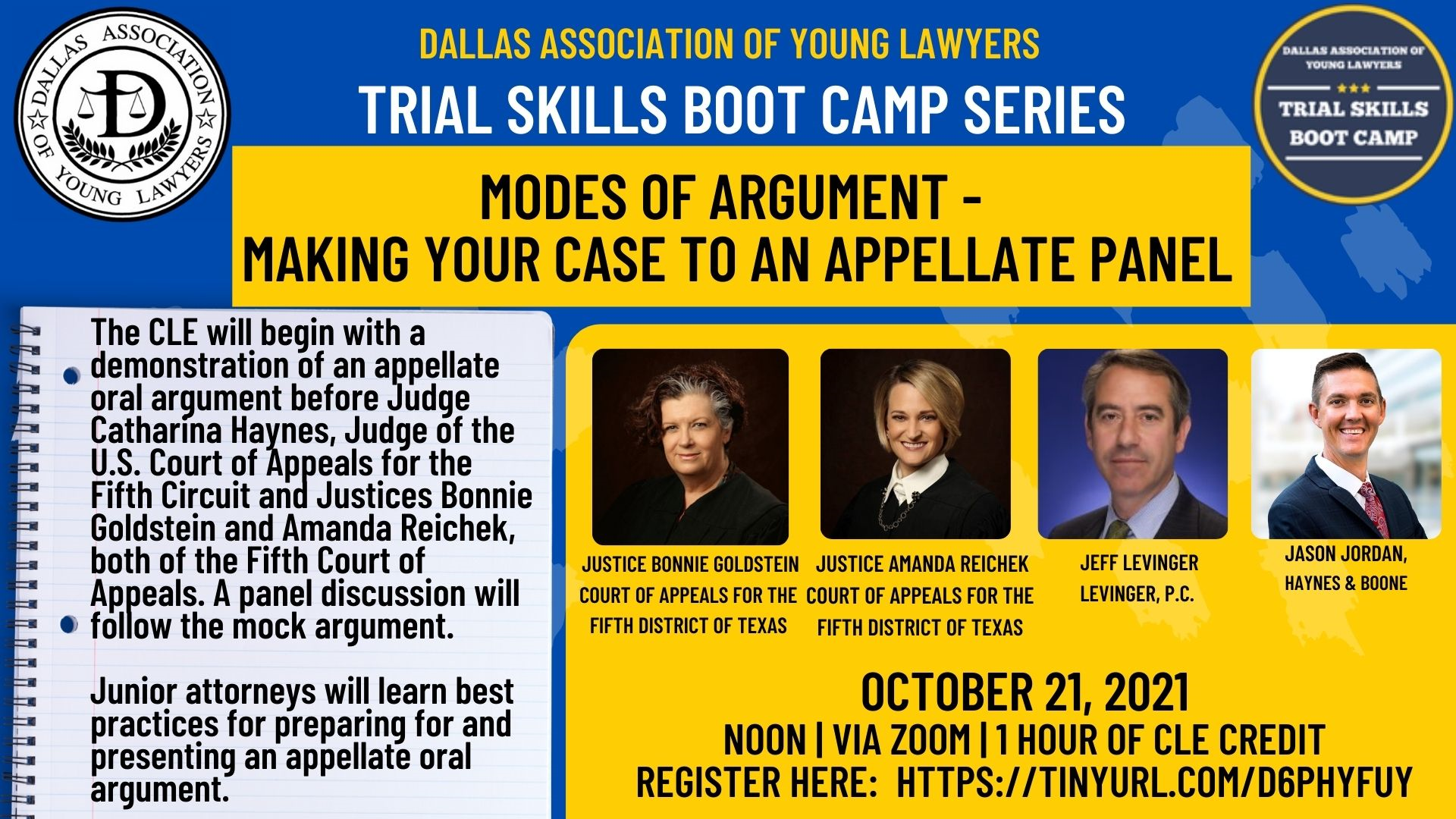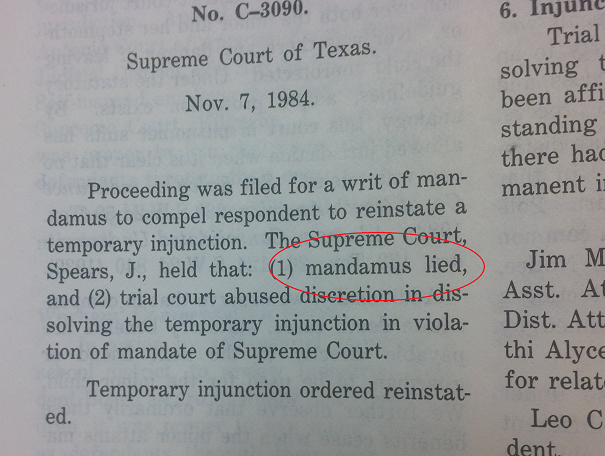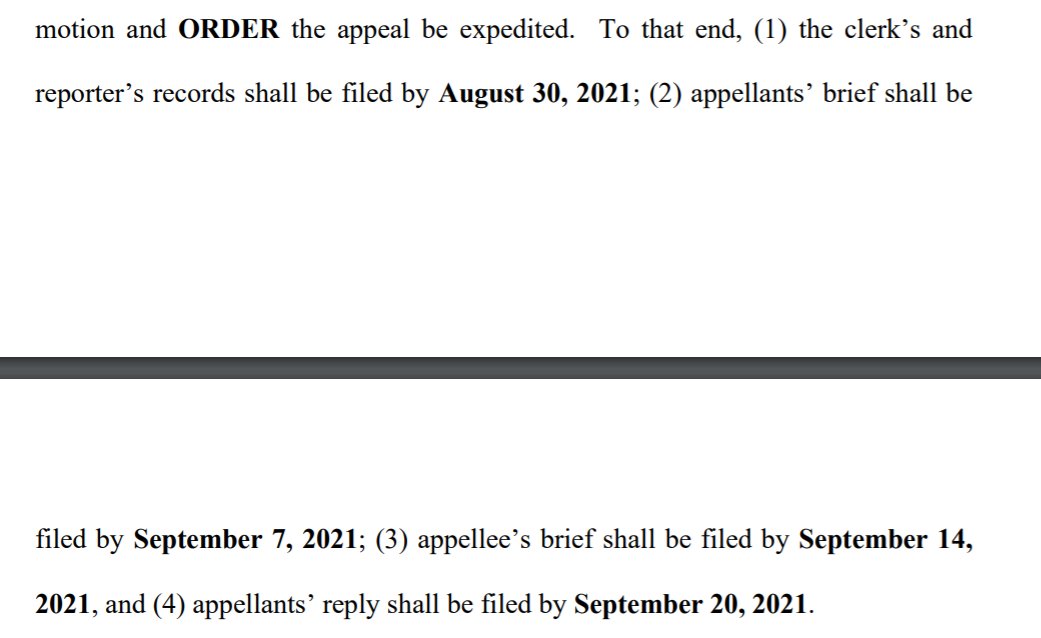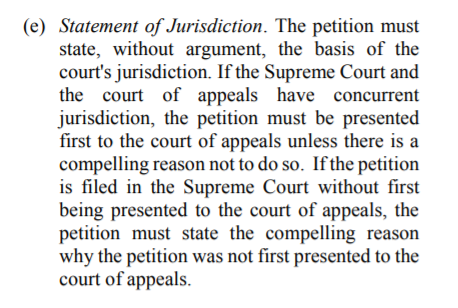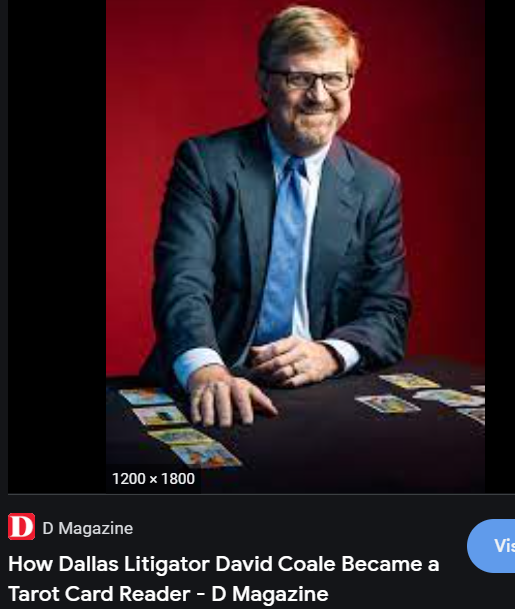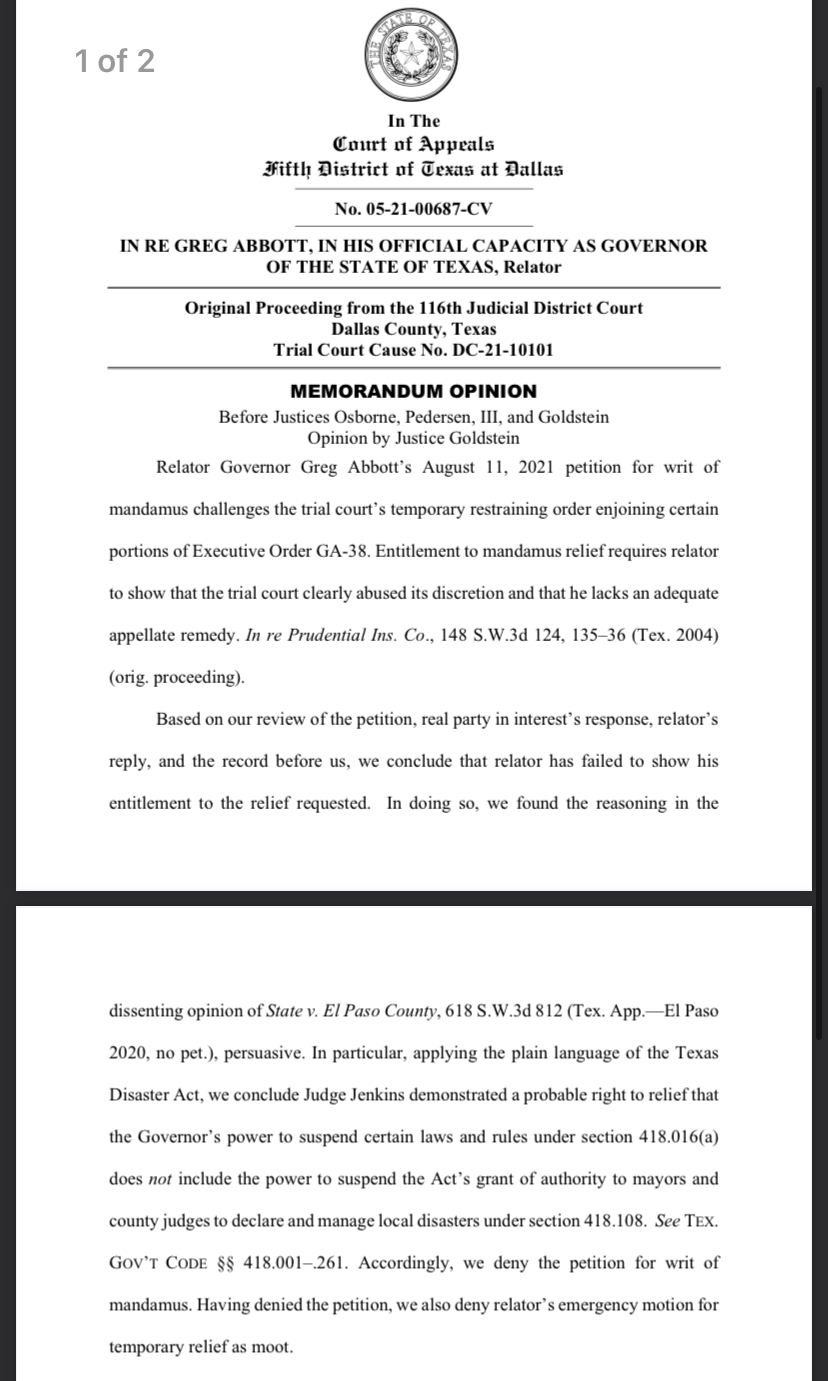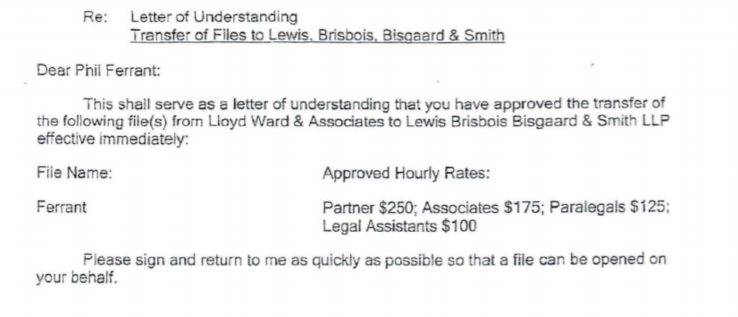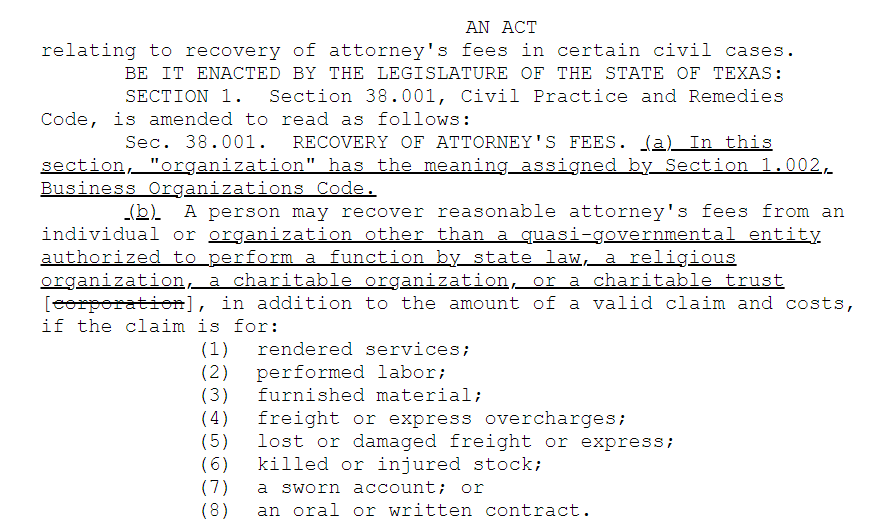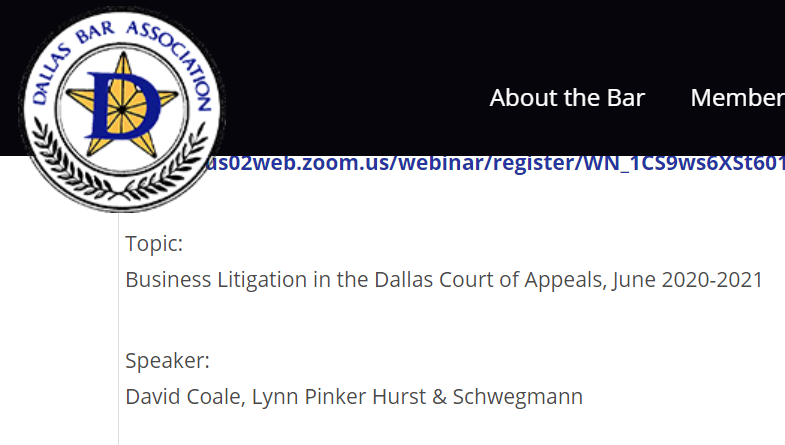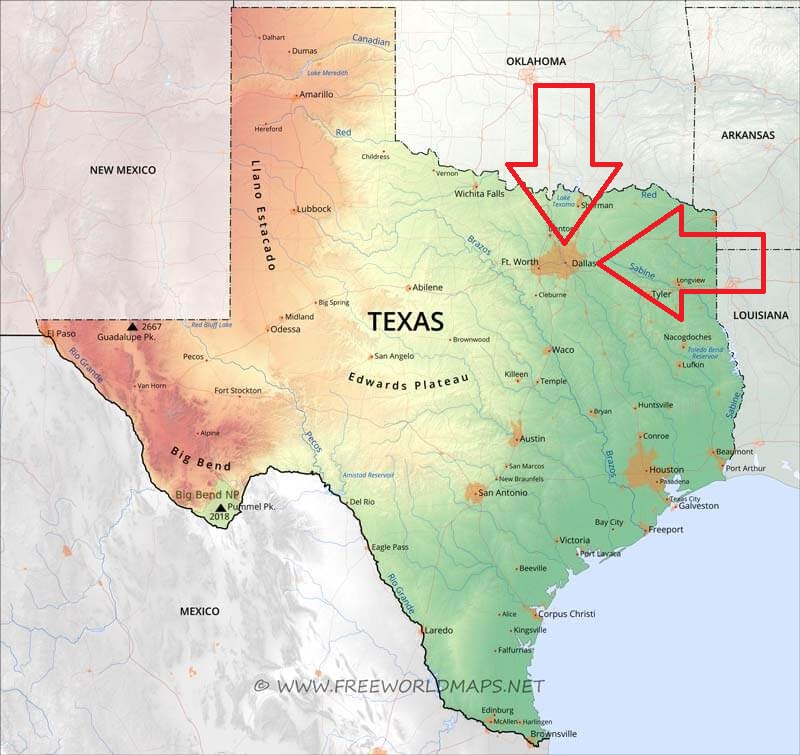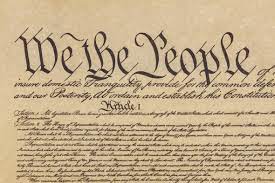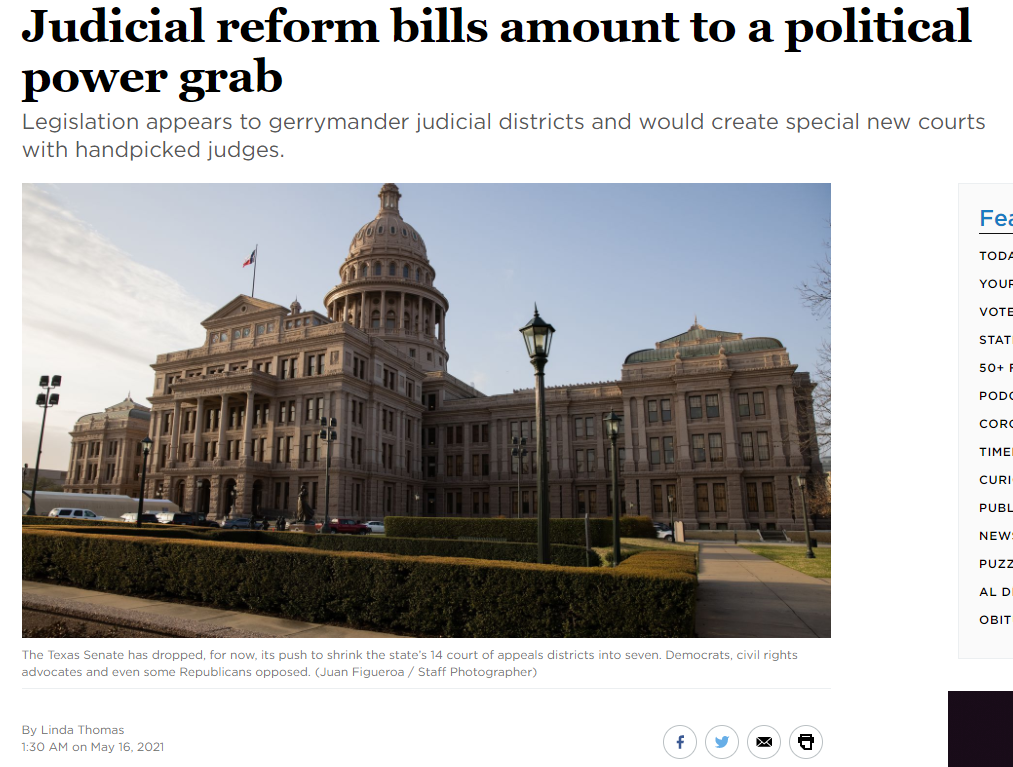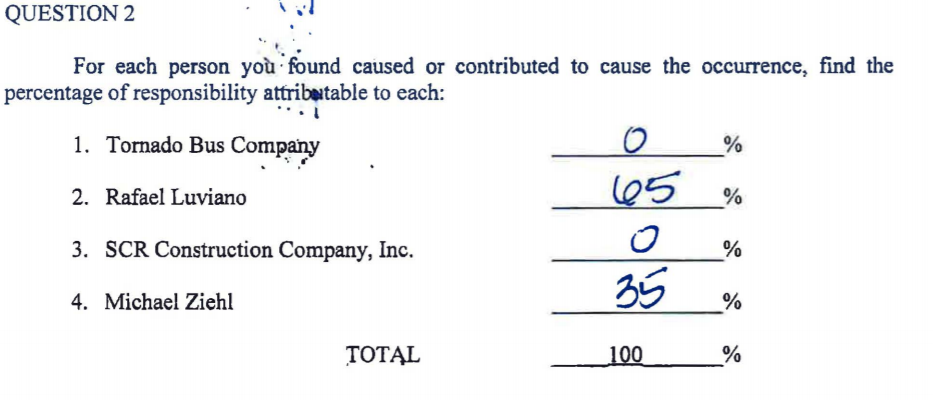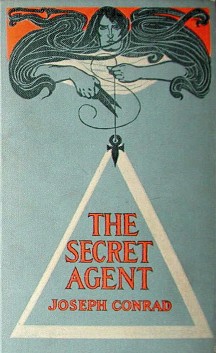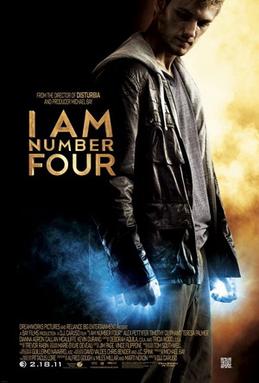 The annual Appellate Judges Education Institute, hosted by the Appellate Judges Conference, an arm of the American Bar Association’s Judicial Division, will be held November 11-14, 2021, at the Hyatt Regency in Austin, Texas. This Appellate Summit offers four days of advanced-level appellate educational programming and is the largest nationwide gathering of appellate jurists and advocates. The most recent Summit sold out and the ABA had to cut off registrations early. Early-bird registration for the 2021 Summit is now open through October 15, 2021. Over 100 judges from throughout the country have already signed up for the Summit.
The annual Appellate Judges Education Institute, hosted by the Appellate Judges Conference, an arm of the American Bar Association’s Judicial Division, will be held November 11-14, 2021, at the Hyatt Regency in Austin, Texas. This Appellate Summit offers four days of advanced-level appellate educational programming and is the largest nationwide gathering of appellate jurists and advocates. The most recent Summit sold out and the ABA had to cut off registrations early. Early-bird registration for the 2021 Summit is now open through October 15, 2021. Over 100 judges from throughout the country have already signed up for the Summit.
This year’s summit features speakers on the following topics, among others:
- How Judges Read in an E-filing Era
- Top-Notch Oral Argument Answers
- Managing Stress and Strengthening Resiliency: Practical Strategies for Judges and Lawyers
- Building and Growing an Appellate Practice
- Supreme Court Preview
- Writing from the Reader’s Perspective: How the English Language Really Works
- United States Supreme Court Civil Update
- Storytelling for Advocates and Judges: How and Why We Should Incorporate Storytelling Techniques and Themes into our Work
Panelists include:
Erwin Chemerinsky, Dean of the University of California, Berkeley, School of Law
Hon. Nathan Hecht, Chief Justice, Texas Supreme Court
Hon. Bridget Mary McCormack, Chief Justice, Michigan Supreme Court
Hon. Albert Diaz, United States Court of Appeals for the Fourth Circuit
Hon. James Earl Graves Jr., United States Court of Appeals for the Fifth Circuit
Hon. Consuelo Callahan, United States Court of Appeals for the Ninth Circuit
Hon. Steven H. David, Indiana Supreme Court
Hon. Marsha Ternus, former Chief Justice, Iowa Supreme Court
Hon. Samuel A. Thumma, Arizona Court of Appeals
Hon. Martha Warner, Fourth District Court of Appeal, Florida
Hon. David W. Ellis, Illinois Court of Appeals and best-selling author
Kannon K. Shanmugam, Partner, Paul, Weiss, Rifkind, Wharton & Garrison LLP
George Gopen, Ph.D., Professor Emeritus of the Practice of Rhetoric, Duke University & Consultant on Writing the English Language
The summit will be taking place in a hotel that will easily accommodate social distancing for attendees and presenter. The ballroom boasts over 14,000 square feet and a ceiling height of 22 feet. It is rated to hold more than 1,000 attendees during normal times, but will be capped at 400 attendees. Round tables will be set with no more than 4-5 seats instead of the usual 7 to 8. The opening reception at the Bullock Museum will be held in the museum’s Grand Lobby, which has a capacity of 600. Additionally, a color coding system, to reflect your social distancing preference, will be offered at registration. Meals also will have enhanced safety measures.
For further details on speakers, programs, and registration, go to: https://lnkd.in/exxjtGjA.




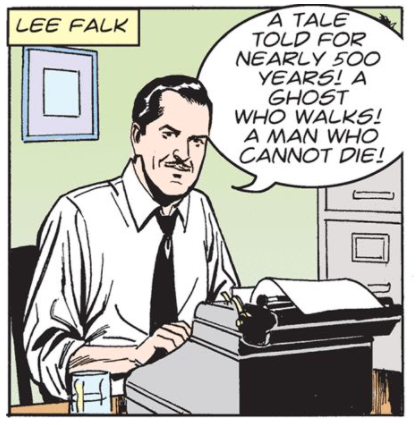




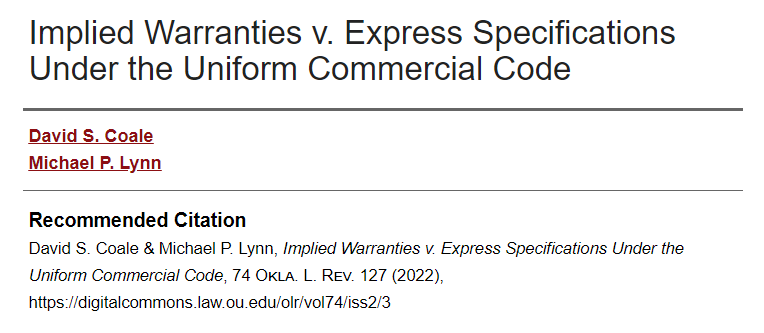


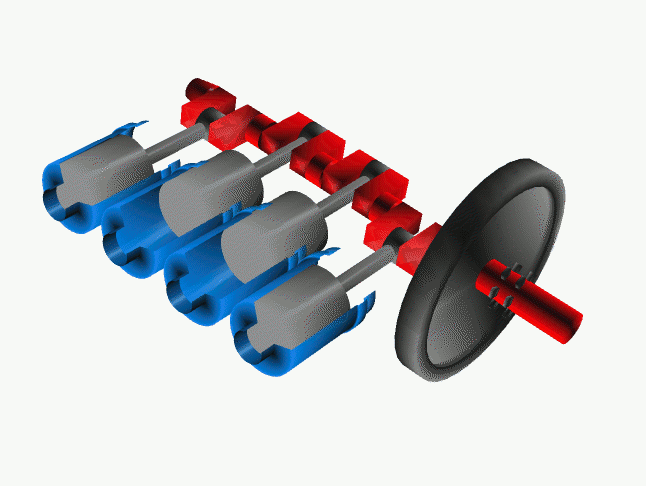
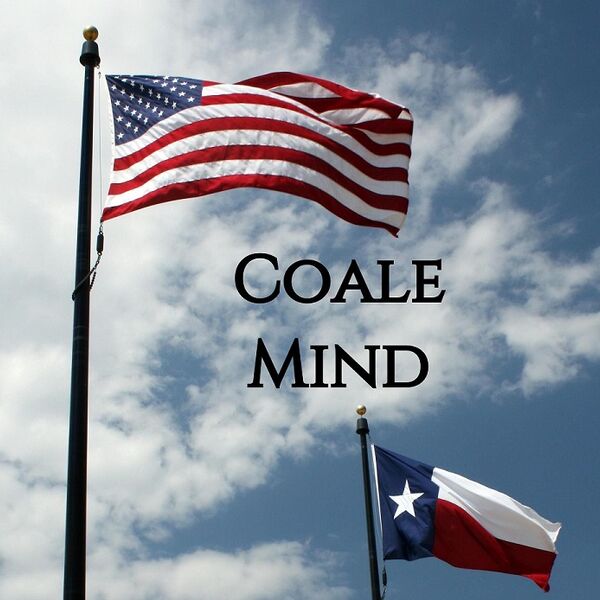





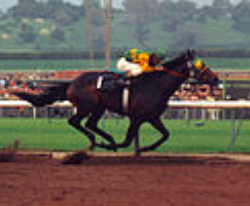
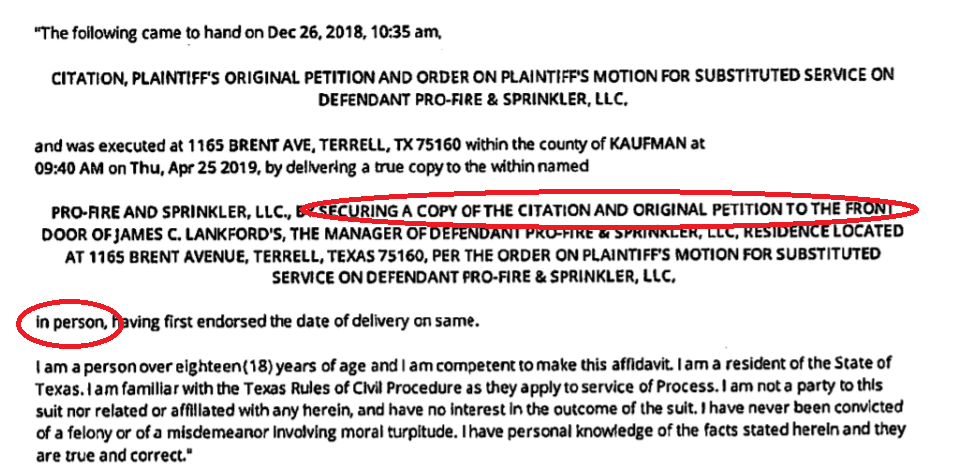

 (This is a crosspost from
(This is a crosspost from 